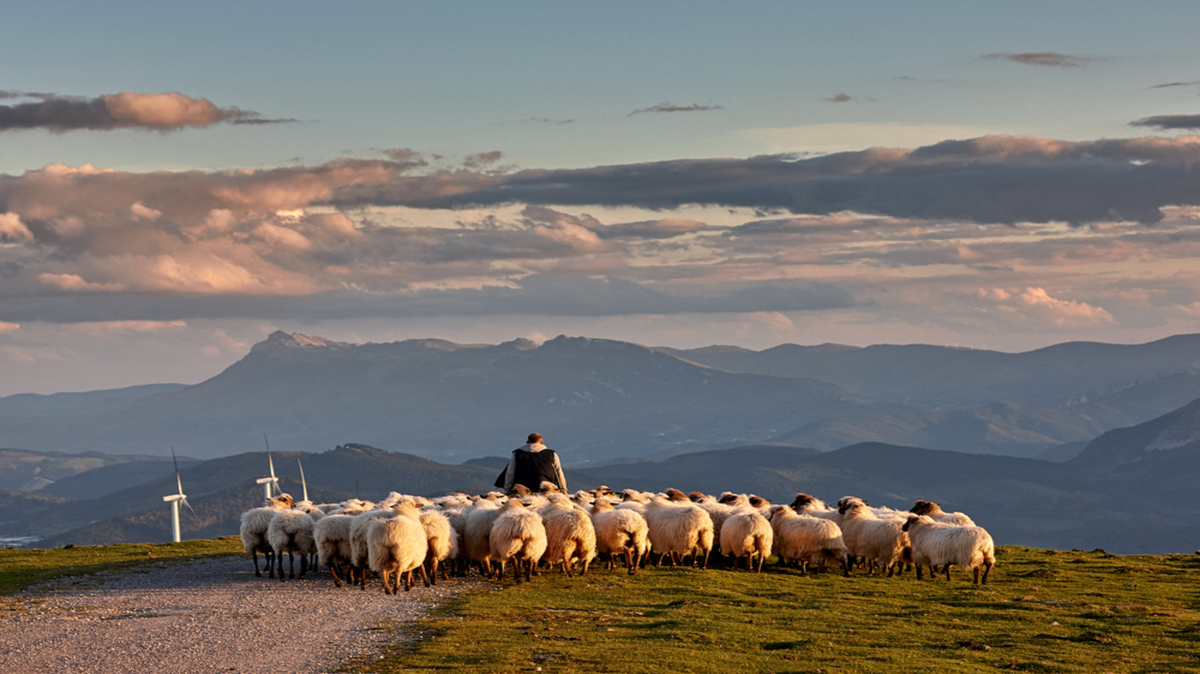The He Waka Eke Noa Primary Sector Climate Action Partnership – which includes Beef and Lamb NZ, the Meat Industry Association, Dairy NZ and other agriculture and Māori farming organisations – today released its recommendations to the Government on an agricultural emissions pricing system as an alternative to the Emissions Trading Scheme (ETS).
The partnership has recommended the introduction of a farm-level levy system from 2025 with separate prices for short and long-lived gases, and a shared governance approach to recommending levy rates
The Government will decide whether it will accept this recommendation.
Besides recommending the farm-level levy system which recognises what individual farmers are doing on their farms, the report recommends: –
- Farmers would calculate their methane and nitrous oxide emissions based on what they’re doing on-farm, not based on national averages.
- Unique prices for both methane and nitrous oxide have been recommended – this recognises they’re separate gases with their own targets and progress, and importantly will delink them from the fossil fuel-driven ETS carbon price.
- The recommendation is for a maximum 11c per kilo starting price for methane and that it be held for three years. This is to provide some certainty and recognises a cautious approach is needed to avoid significant impacts on farm profitability.
- Farmers can get credit for their sequestration. The recommendations cover a wider range of vegetation than currently recognised in the ETS and farmers would have the option of registering under the ETS (B+LNZ is advocating for changes to make this process easier) or through He Waka Eke Noa (the price for sequestration would be linked to the ETS price but there may be a discount applied if the He Waka Eke Noa system is easier to access and therefore potentially less rigorous in terms of the amount of carbon sequestered). We’ll keep working on improving recognition for sequestration.
- Farmers will also get incentive payments taken off their costs for using technologies and practices that reduce emissions.
- The money raised in the system will go back into research and development for further agricultural emissions reductions.
B+LNZ and DairyNZ have summarised the recommendations HERE.
The Government has welcomed the report.
Agriculture Minister Damien O’Connor and Climate Change Minister James Shaw thanked the partners for their work, which has been under way since the Government, farming leaders and Māori agreed to a world-first partnership to reduce primary sector emissions in 2019.
“We will take time to carefully consider the report along with the upcoming advice from the Climate Change Commission on the proposals. The sector and the wider public will have the opportunity to provide their view before Cabinet makes final decisions towards the end of the year on how to effectively price emissions,” Damien O’Connor said.
“We are all committed to pricing agricultural emissions to ensure their reduction from 2025, and reiterate that commitment today.
“It’s really important that we get this right. Customers around the world are demanding higher levels of sustainability in the products they buy, so there is the potential for real competitive advantage here if we can get this right and continue moving to sustainable farming systems that are ready to respond to a warming world.
The Government committed almost $380 million over four years in Budget 2022 to accelerate efforts to lower agricultural emissions.
“It sees us establishing the new Centre for Climate Action on Agricultural Emissions as a joint venture with business to accelerate the product development of tools for farmers to reduce emissions,” Mr O’Connor said.
“We’re also developing specialised climate-focused extension services and expanding our support for Māori agribusinesses,” Damien O’Connor said.
Climate Change Minister James Shaw said the agriculture sector has a crucial role to play in meeting the recently set emissions budgets.
“We need to urgently cut emissions across all sectors of the economy – and that includes agriculture.
“There is no question that we need to cut the amount of methane we are putting into the atmosphere, and an effective emissions pricing system for agriculture will play a key part in how we achieve that,” James Shaw said.
His priority as Minister of Climate Change was effective emissions reduction policies to meet legislated targets, James Shaw said.
The Government’s Emissions Reduction Plan ensured everyone did their bit to reduce emissions.
Farmers and growers were key partners in those efforts and the Government would continue working with the sector as it considered the sector partnership’s recommendations.
Sources: Minister of Agriculture; Beef and Lamb NZ












